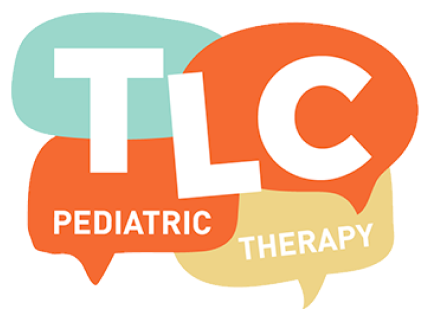At TLC Pediatric Therapy, we provide feeding therapy with a unique lens designed to solve more than just one concern, and efficiently get many of your child’s developmental needs met. Using the latest research and a compassionate, interdisciplinary approach, provider cohorts and training modules are constantly striving to improve approaches through science and proven techniques.
Eating, chewing, and swallowing affect more than nutrition, they influence speech development, airway health, sleep, and behavior. When children face challenges such as sensory sensitivities, tongue placement issues, or oral coordination challenges, mealtimes can become stressful and may cause developmental issues, both short term and long term.
Since there are so many variables to consider in etiology and outcomes, we prioritize an approach that is interdisciplinary and collaborative – so that the best clinician is working on specific areas in any given session that is their expertise, bringing progress to team meetings, and deciding on best interdisciplinary approach week by week.














